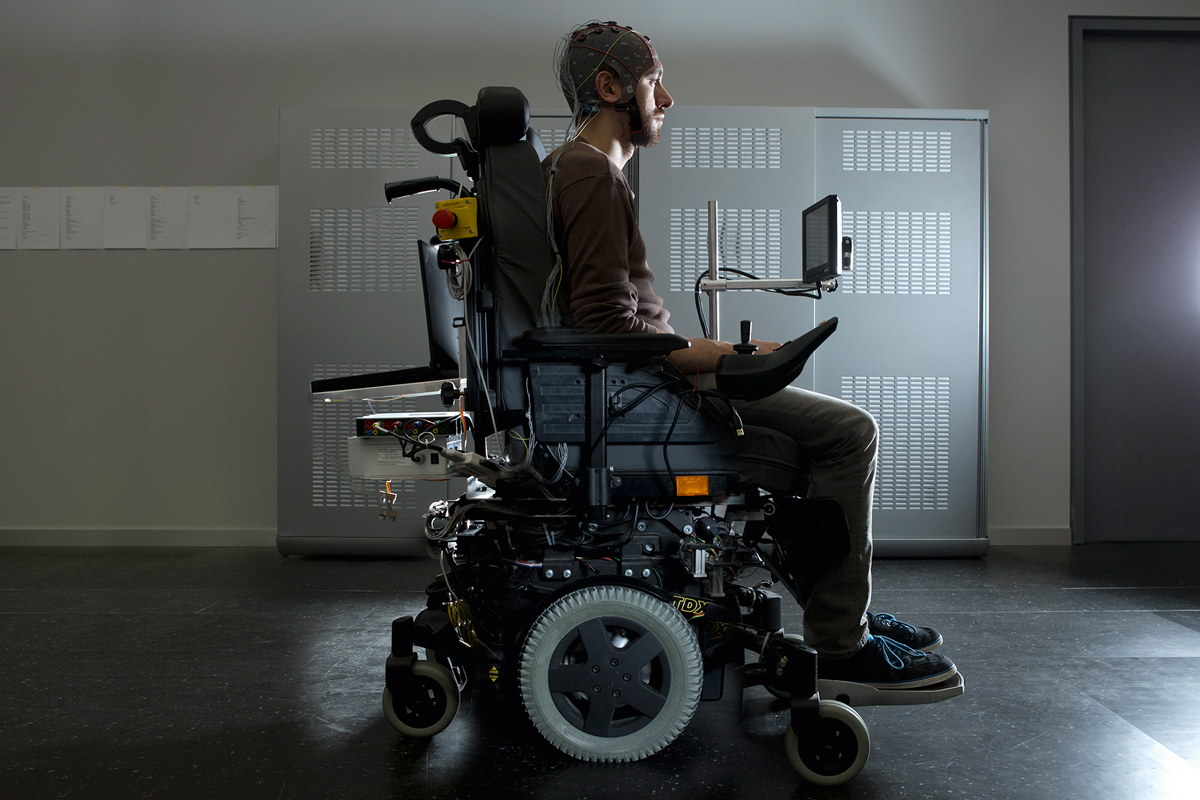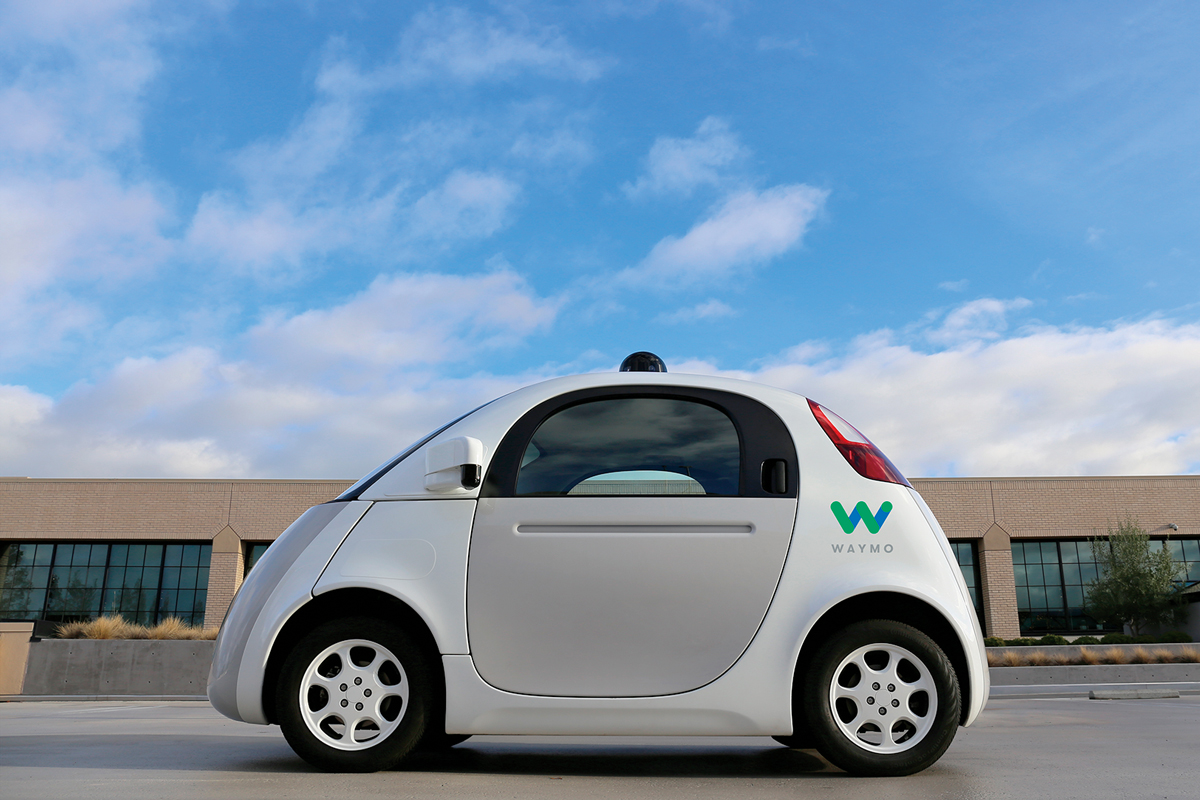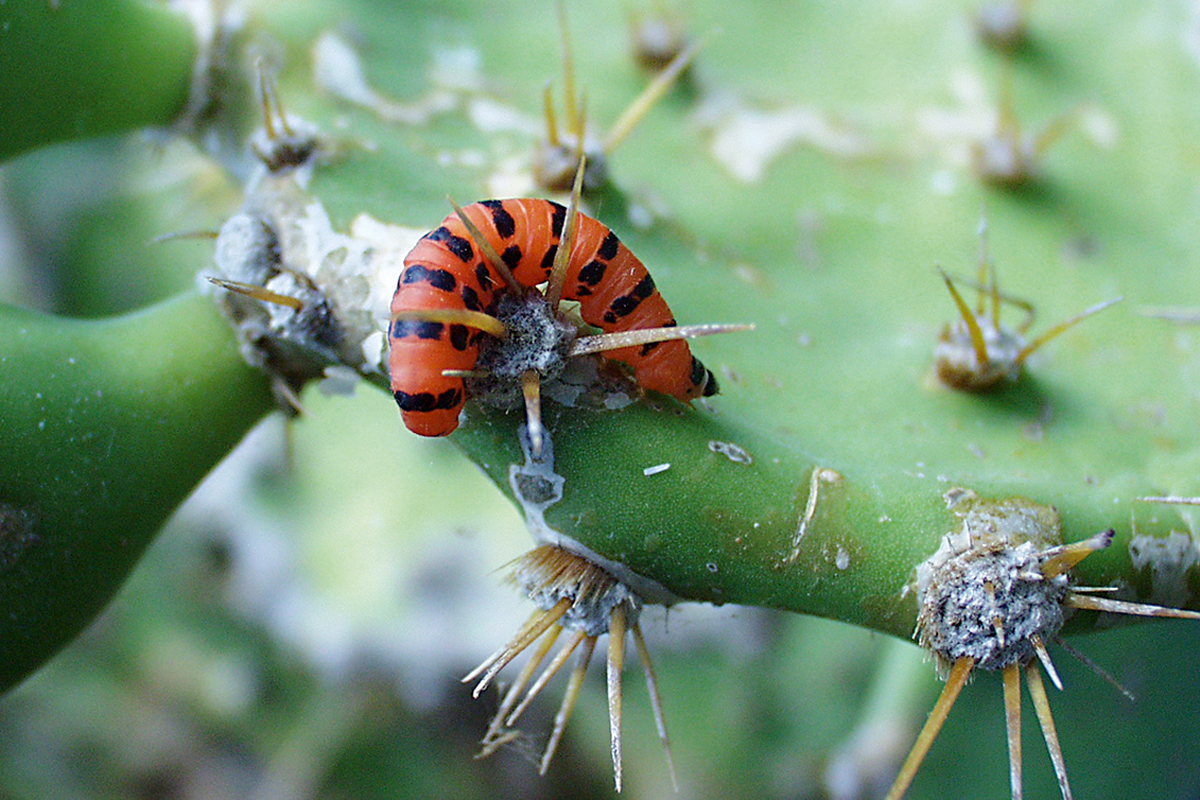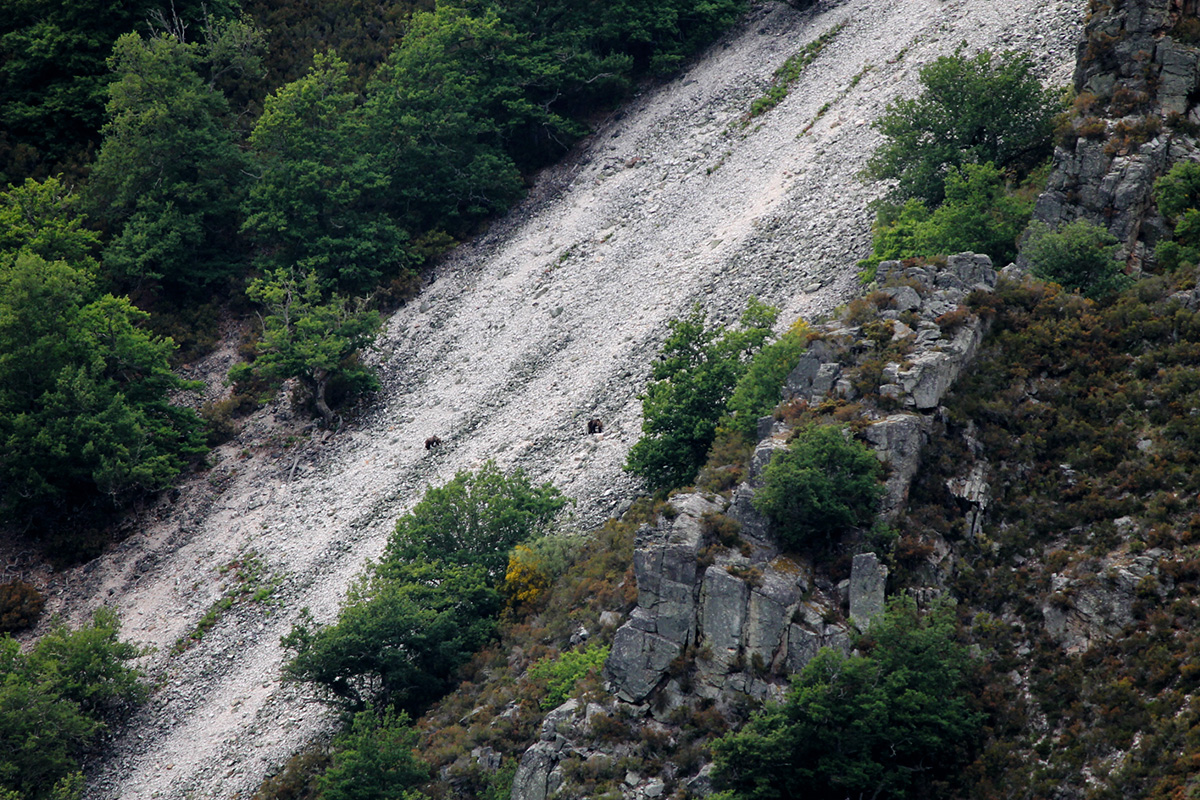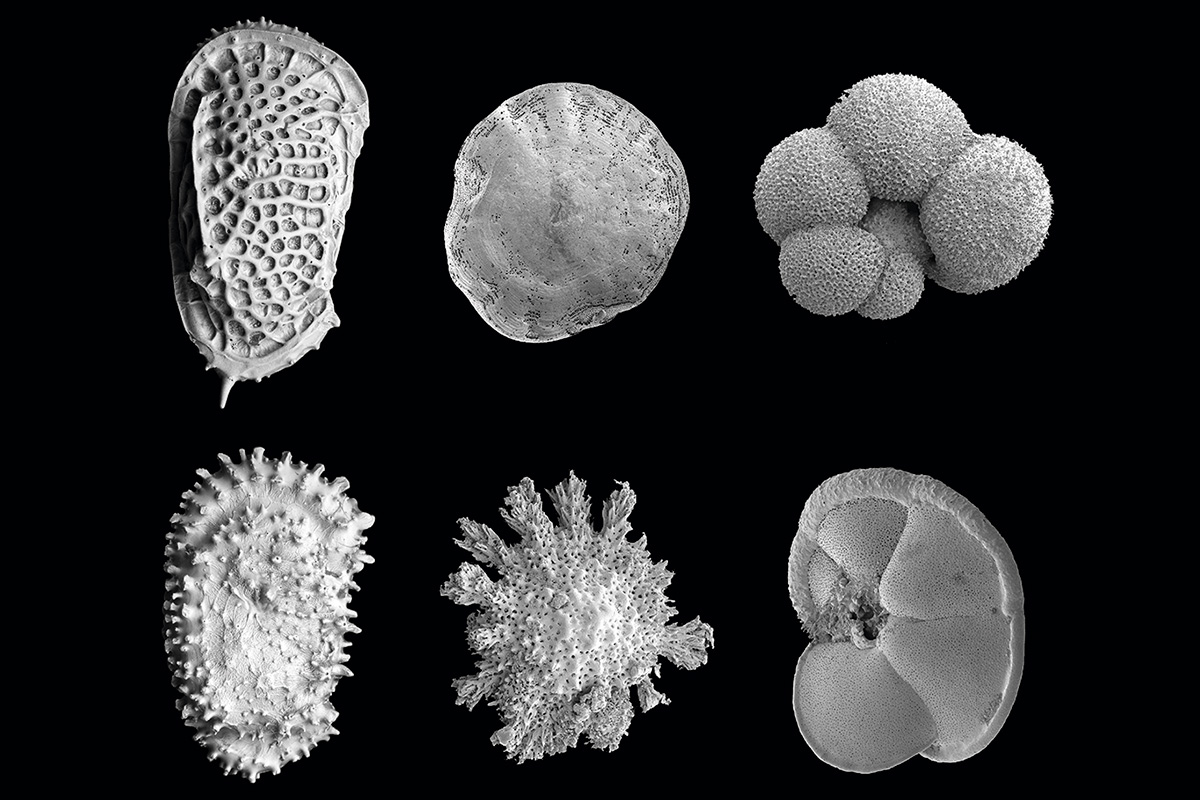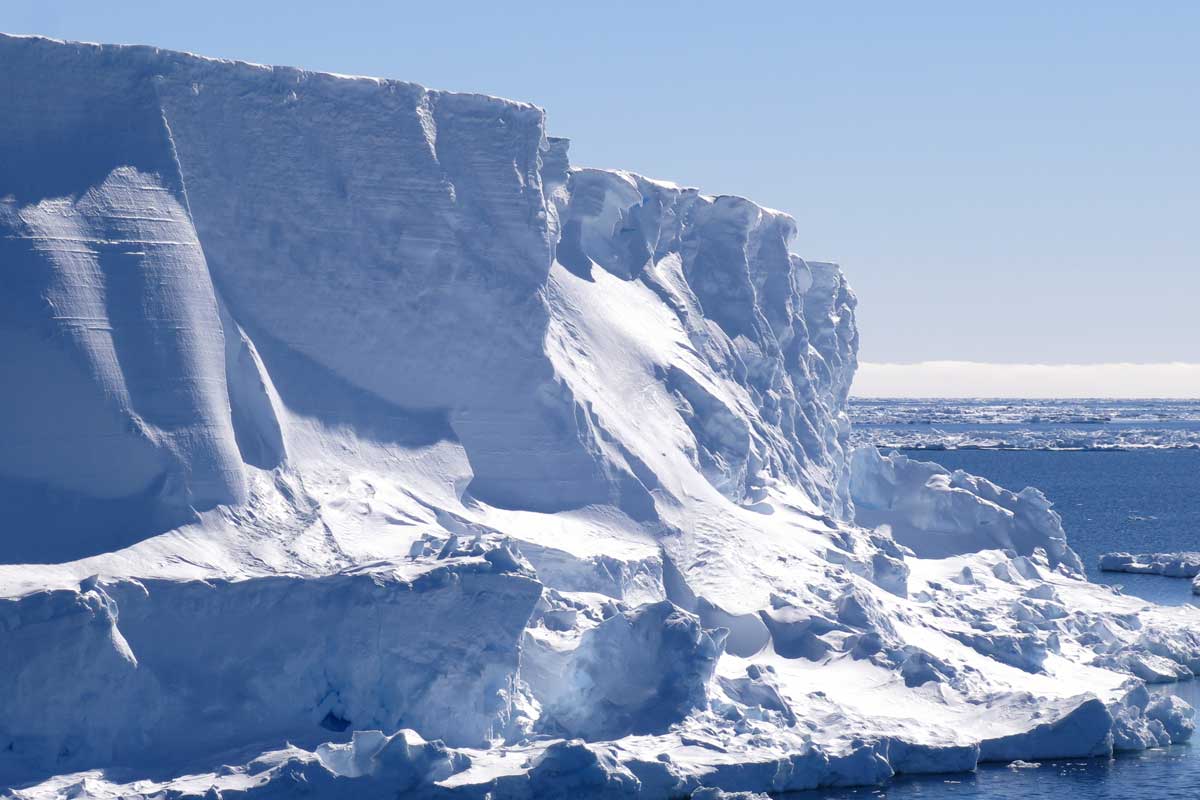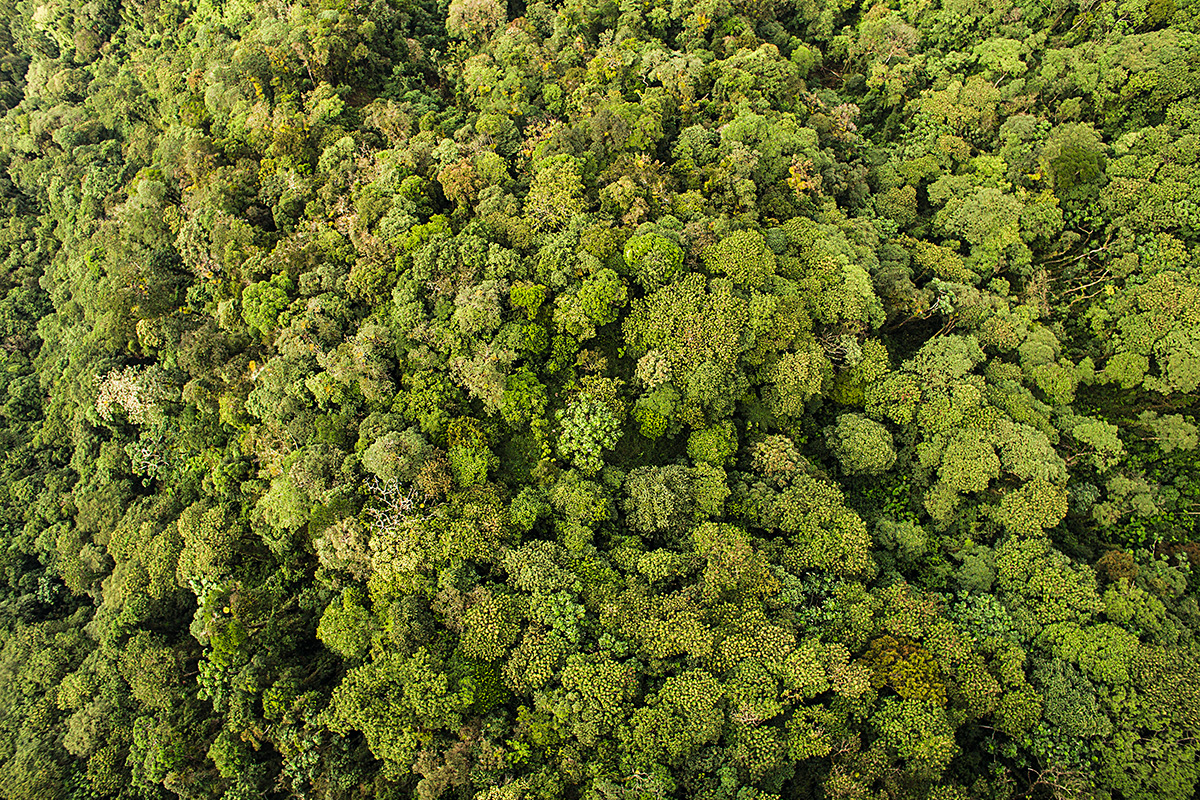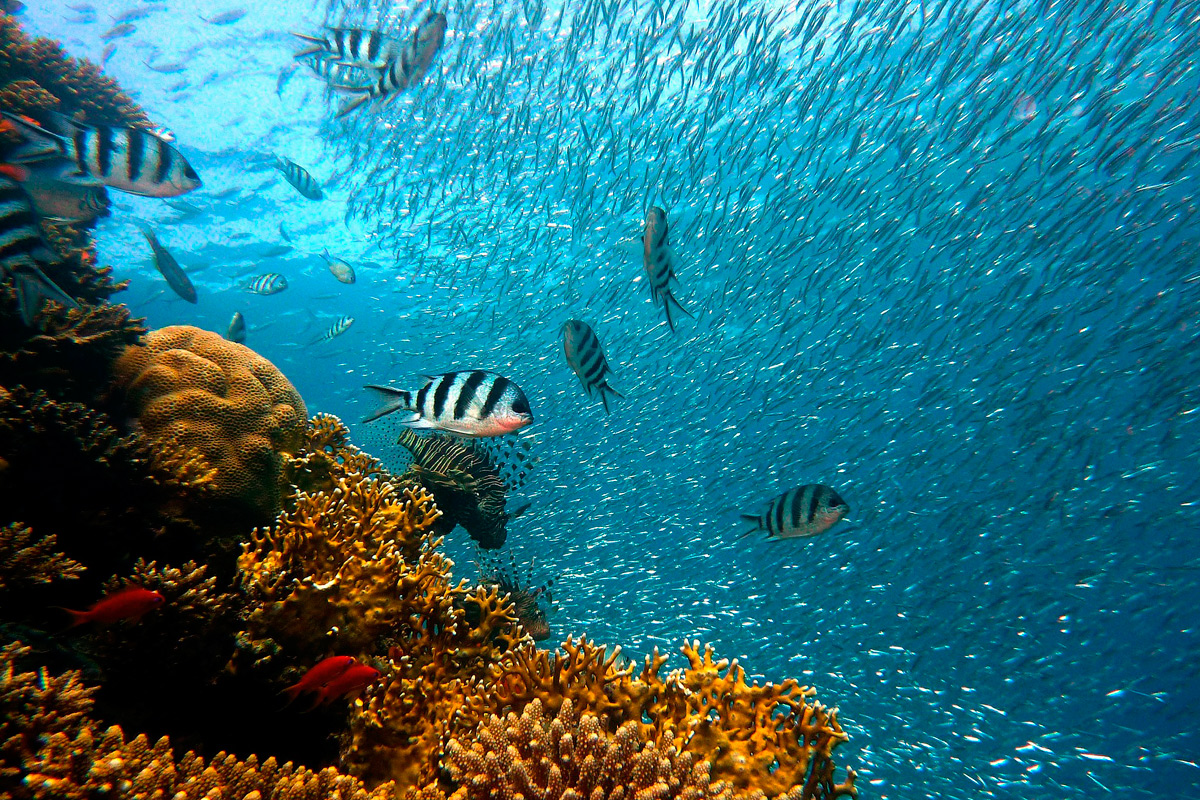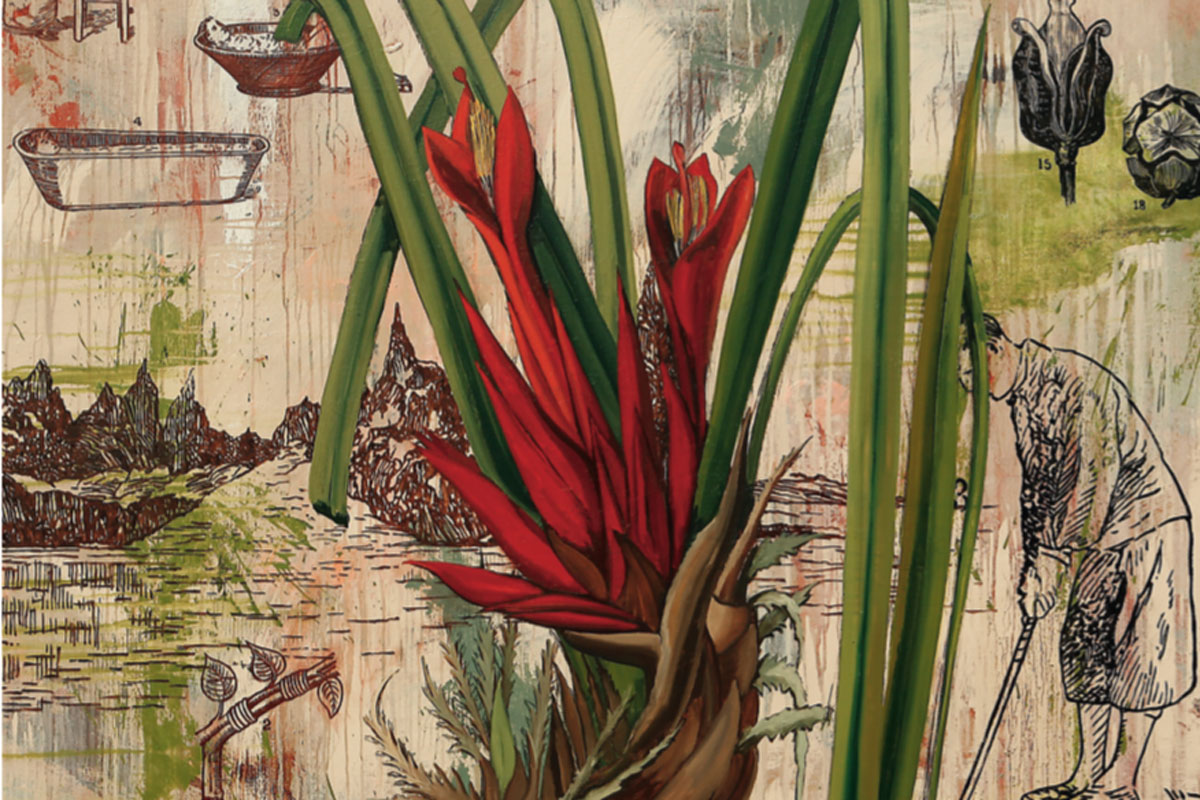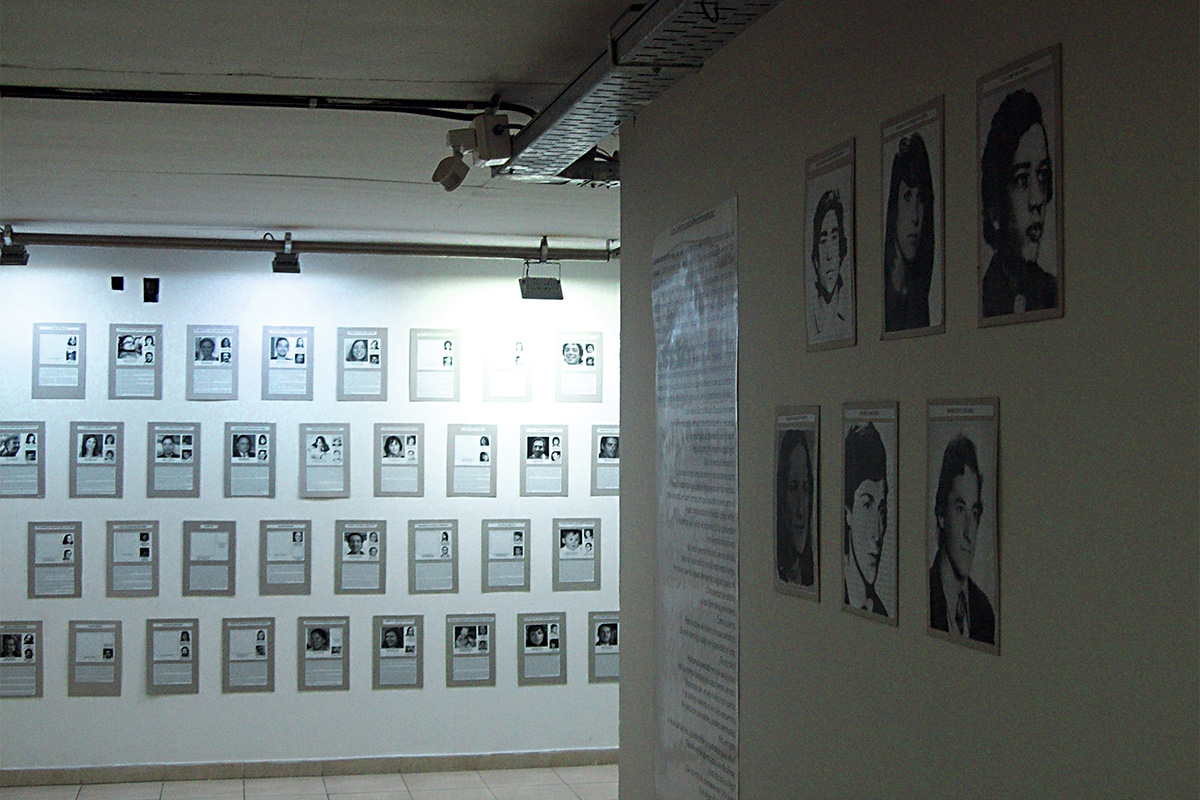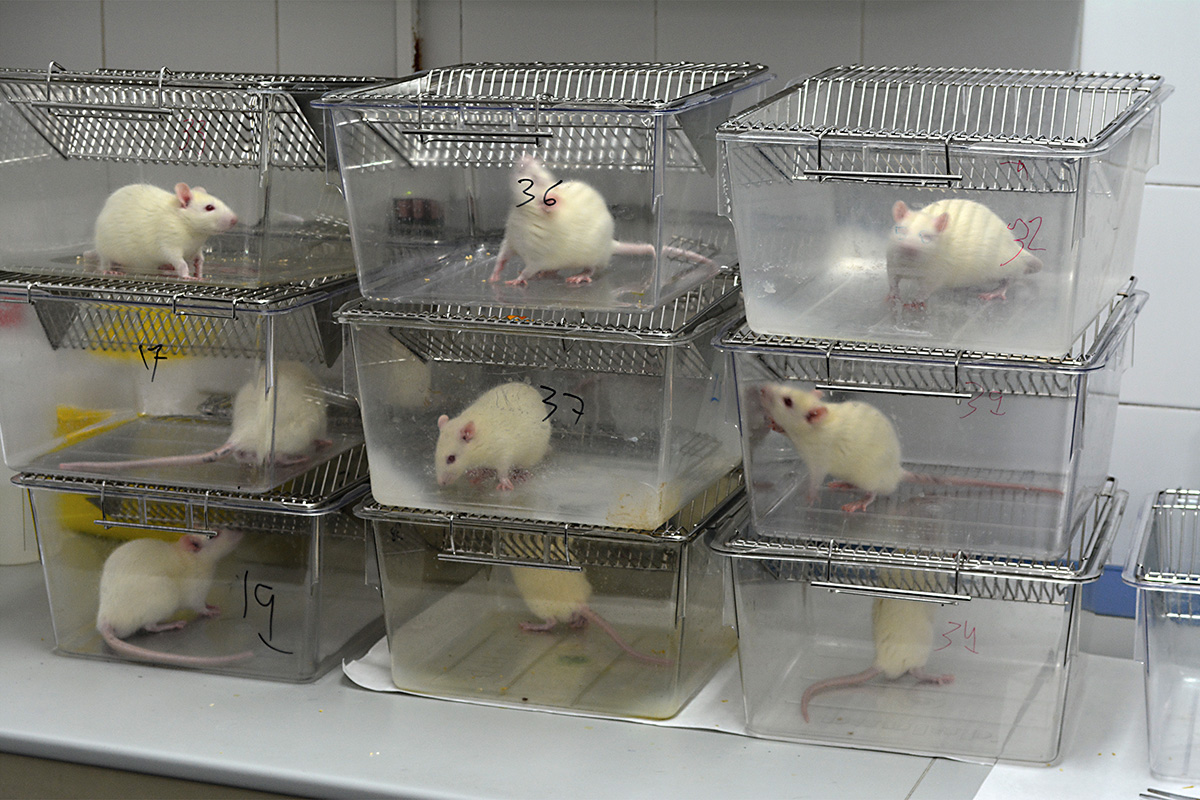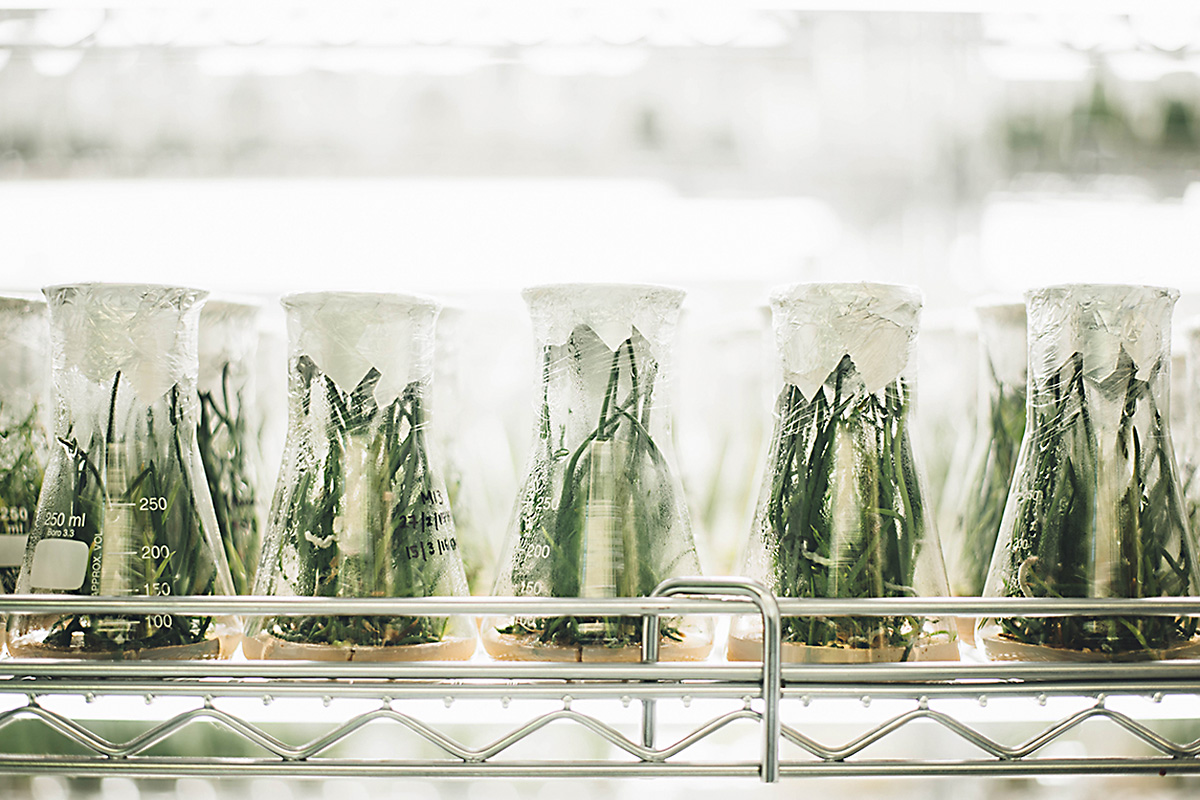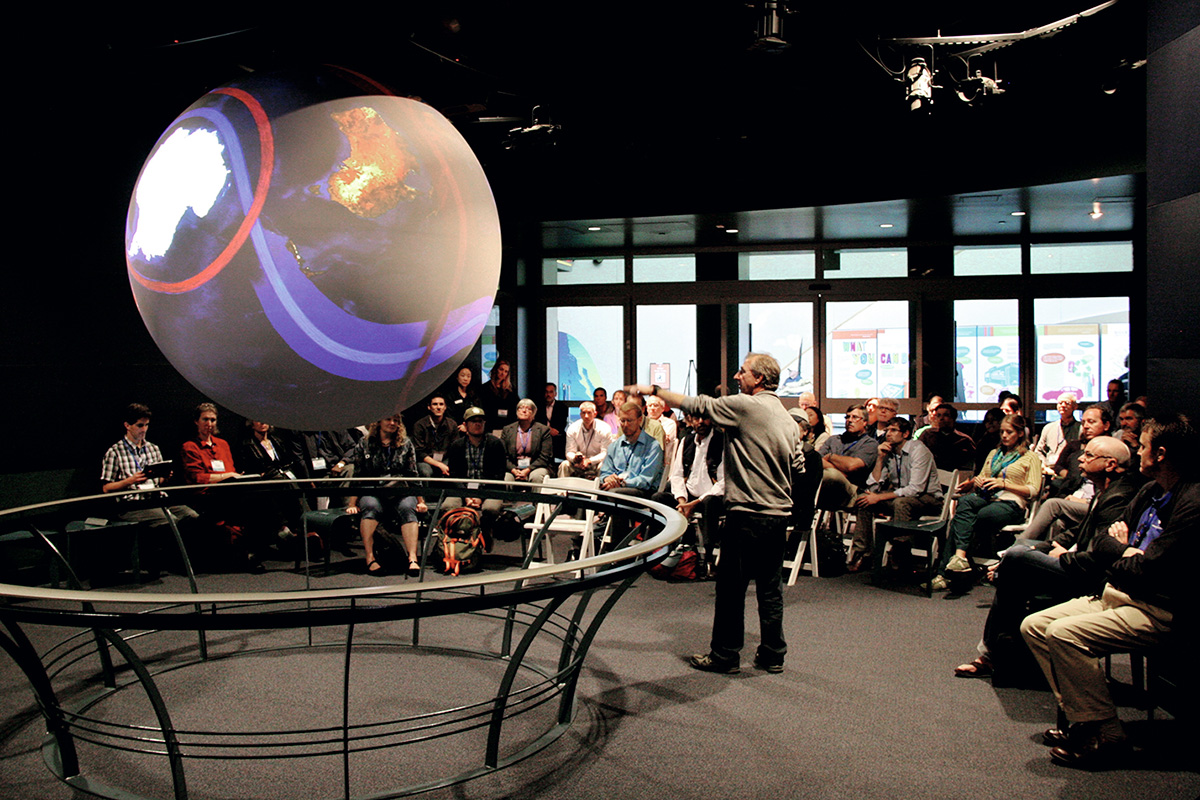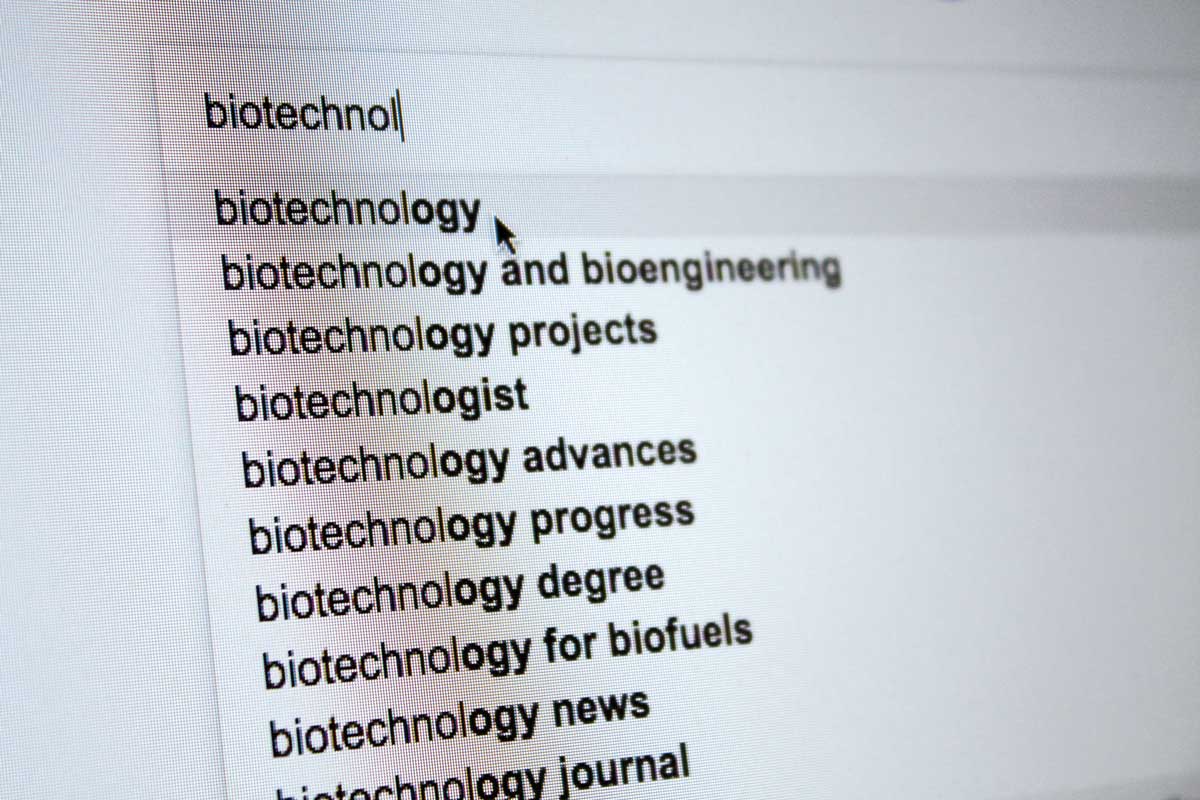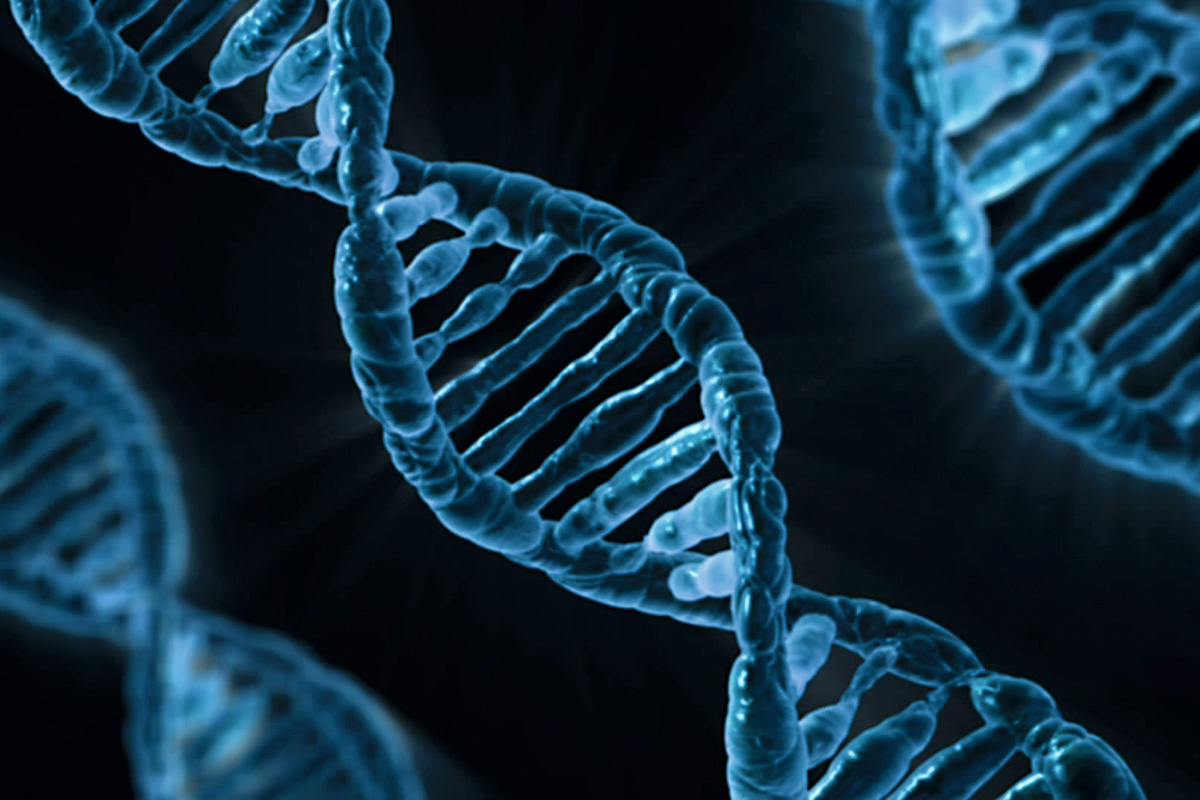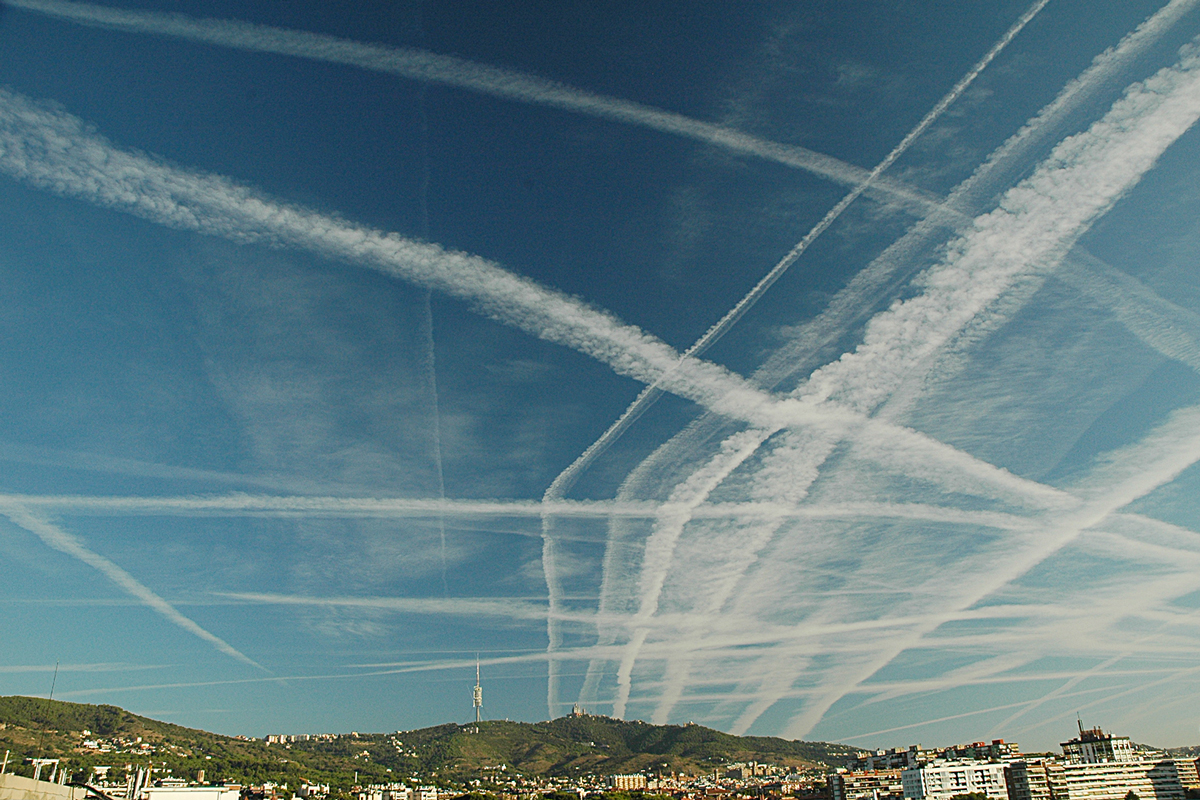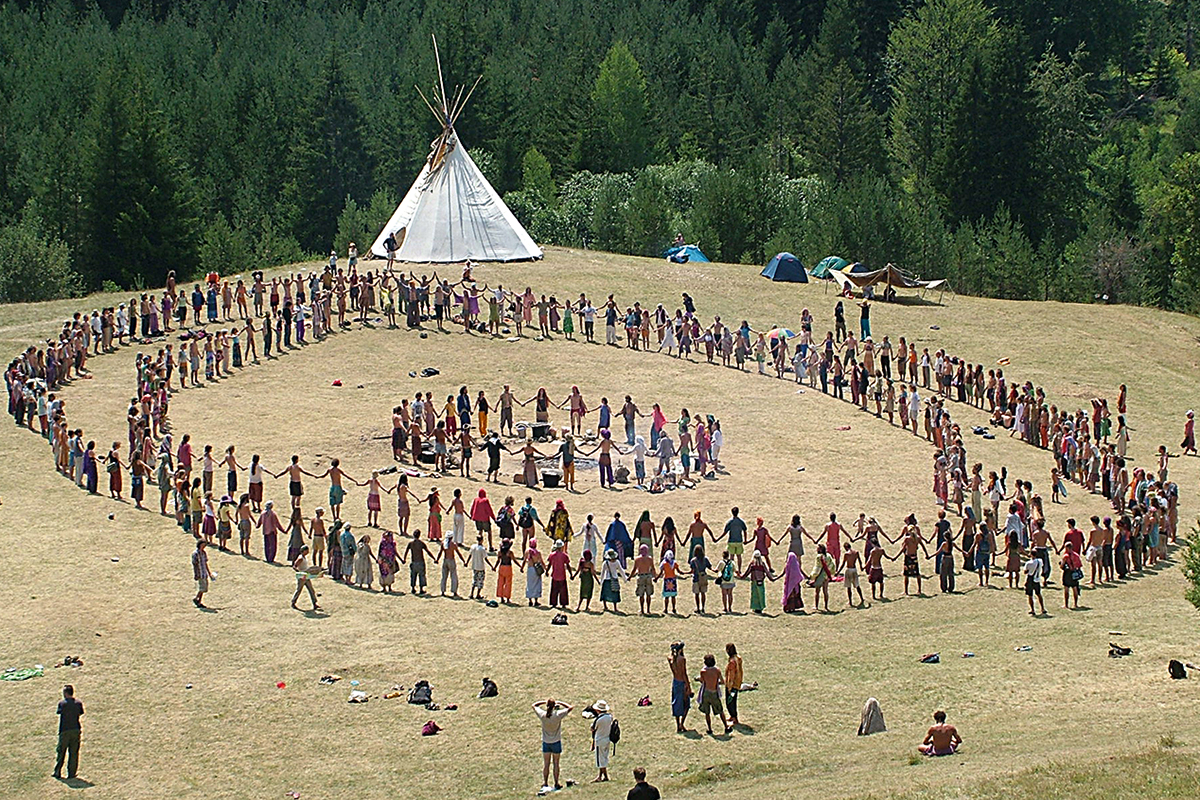Search
Brain-computer interfaces allow the control of devices without the generation of any active motor output but directly from the decoding of the user’s brain signals.
The ultimate objective of the field of artificial intelligence (AI), the creation of a machine with a general intelligence like that of humans, is one of the most ambitious scientific goals ever set.
Natural enemies are a fundamental piece of food webs and can contribute to biodiversity preservation. However, they can often produce dramatic losses, especially when humans are involved.
Due to the extreme environmental conditions of the Antarctic continental shelf – its distance from other continents, depth, and the weight of the continental ice – it offers us a great opportunity to better understand how a pristine ecosystem would normally be.
Forensic genetics brings together all the genetic knowledge required to solve specific legal problems. In recent decades new techniques have shown the potential of DNA as a profiling system.
Communication is essential in all areas of society, but communication in science is inescapable. Communicating means sharing, showing, teaching, and transferring knowledge both to colleagues and to society in general.
Discourse about pseudoscience usually accompanies dialogue about science. Despite attempts to separate the two domains, people still rely on pseudoscientific remedies.
Rarely does pseudoscience address the formation of aircraft trails in the sky. These trails are usually discussed by conspiracy theorists, rather than by pseudoscience.
This article reviews the basics of EU regulations on organic food production and concludes that, for the most part, they mislead the consumer and are not science based.

